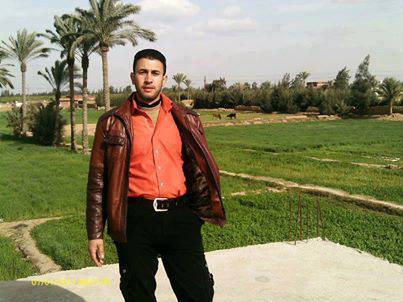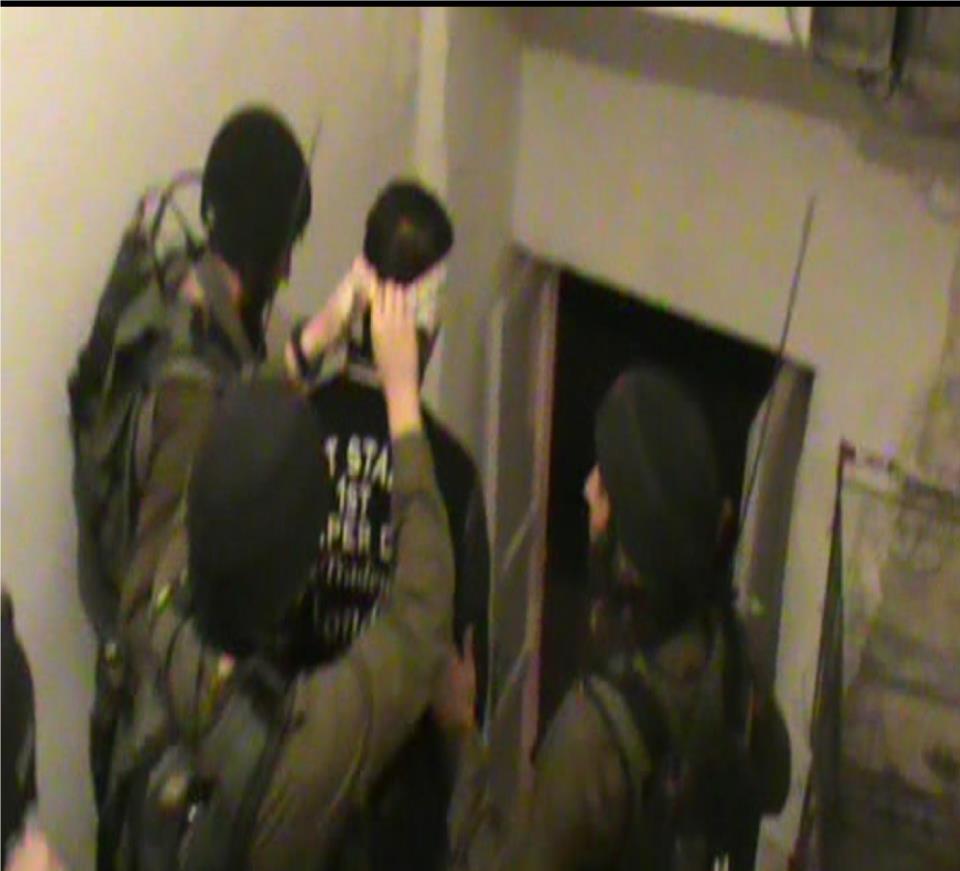Tag: Abductions
-
Gaza man “kidnapped” by Israel in Sinai, says family
11th October 2013 | The Electronic Intifada, Joe Catron | Khan Younis, Occupied Palestine The abduction of a Palestinian-Egyptian from the Sinai on the eve of Egypt’s 3 July coup has highlighted the network of collaborators and agents working with Israel in the peninsula. Wael Abu Rida crossed the Rafah border from Gaza into Egypt on 6 June with his family, including…
-
Night raid on family – two Palestinians abducted in Shuhada Street, Hebron
30 October 2012 | International Solidarity Movement, West Bank At approximately 2am Israeli occupation forces climbed down from the roof at the back of a family complex on Shuhada street to apprehend student Abed Al Salayma, age 20. Abed was blindfolded and led from his home a short time thereafter while his distraught mother remonstrated…
-
Israeli forces kidnap four in Beit Ommar
International Solidarity Movement 24 January 2010 At 4am on January 21st, at least 30 members of the Israel Police, Border Police, Army and Secret Police (Shin Bet) raided the village of Beit Ommar, arresting four men. At the home of Mohammed Salibi, the Occupation Forces broke the window of the door in an effort to…


